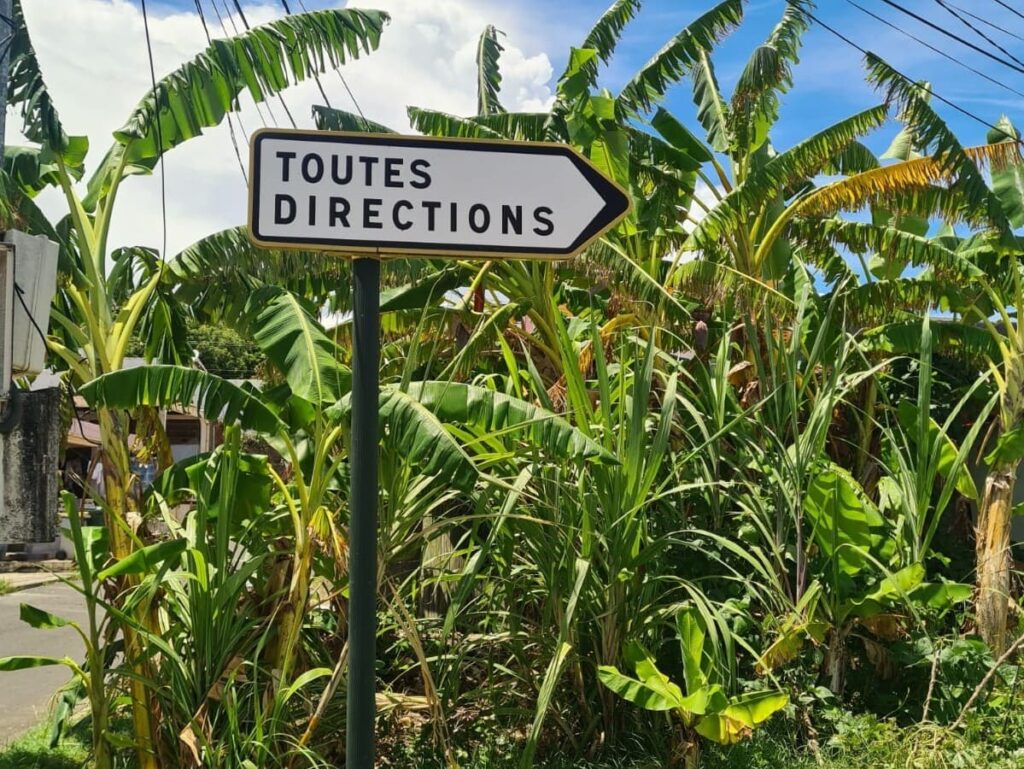“Ecosystem” is a term you´ve probably already picked up somewhere, even if it was only in your biology class. Perhaps you are also using this word quite commonly while talking about ecology. But are you able to describe it accurately? We will learn possibilities to define an ecosystem in this blog post.
Even though I´m studying Environmental Science I found it quite challenging to define ecosystems myself since there are very diverse. Every one of them contains a unique world of its own. Since I wanted to start a blog about the functioning and complexity of Ecosystems, I had to make it clear that I understood the term correctly. At this point, my research has started.
Ecosystems as units on Earth with biotic and abiotic components
The first definition I´ve found describes Ecosystems as “a spatially explicit unit of the earth that includes all of the organisms, along with all components of the abiotic environment within its boundaries” (Cowan, 1993) 1. It appears difficult to me to define the “unit” of the ecosystem. How can you tell where the system starts and where it ends? Can you clearly define “boundaries”? What about the interconnections within an ecosystem? The authors do not consider them in this definition.
Ecosystems as a place of interaction
Digging further, I´ve discovered a definition by the Australian Museum of Sydney. This definition explains an Ecosystem as a given area where all “living things […] interact with each other and with each other, and with their non-living environments […]. In an ecosystem, each organism has its own niche or role to play” (Murray,2018) 2. Comparable to the first definition, they regard an Ecosystem as a definable place. What´s new in this second definition is the aspect of interaction within ecosystems. The museum doesn´t make clear what sort of interaction they are referring too. However, they credit an individuum a specific task- a niche or a role they have to play. But do individuals only have to adapt to the niche they find in the ecosystem? Can´t they also create new ones? Like the first trees in a forest creating a home for bugs and birds?
Ecosystems as dynamic networks
Another definition I´ve detected in the book Ecosystems and Sustainable Development 3 outlines ecosystems as “complex dynamical systems”. These terms might seem a bit vague at the beginning, but with “dynamic”, the authors meant the exchange of matter, energy, and information occurring between the different sub-units of the system. This sort of communication within an ecosystem is particularly maintained through the exchange of information. 3 This definition has led to my imagination of ecosystems as big trading networks where their living members exchange resources. It made me think about what differentiates ecosystems from artificial created networks. One big difference is probably that ecosystems can´t be updated. Ecosystems evolve slowly in the flow of Evolution. Individuals can´t quickly adapt to environmental changes, they are bound to DNA changes through natural selection. But is this still accurate in times of Gene Engineering?
Conclusion
Concluding from these three different definitions, an Ecosystem can be regarded as a “unit of the earth” with all its biotic and abiotic components. In Ecosystems, the organisms “interact with each other or with their non-living environments”. Every organism has its own niche and plays a role in the Ecosystems maintenance. Nevertheless, Ecosystems are highly dynamic through the exchange of information, matter, and energy. What about you? Do you have another idea how to define an ecosystem?
References:- Cowan, J.H. The ecosystem approach: Its use and abuse. Estuaries 16, 923–924.
- Murray, Melissa., 2018. What is an ecosystem? Australian Museum. Available at: https://australian.museum/learn/species-identification/ask-an-expert/what-is-an-ecosystem/ [15.10.2022].
- Villacampa, Y., Brebbia, C.A., 2011. Ecosystems and Sustainable Development. VIII. Southampton, U.K.: WIT Press.

 To provide scientific knowledge on this site for free means a lot to me. However, researching and writing costs me a lot of time. Since I´m a student, financial support for my blog post helps me to maintain scientific quality.
To provide scientific knowledge on this site for free means a lot to me. However, researching and writing costs me a lot of time. Since I´m a student, financial support for my blog post helps me to maintain scientific quality.